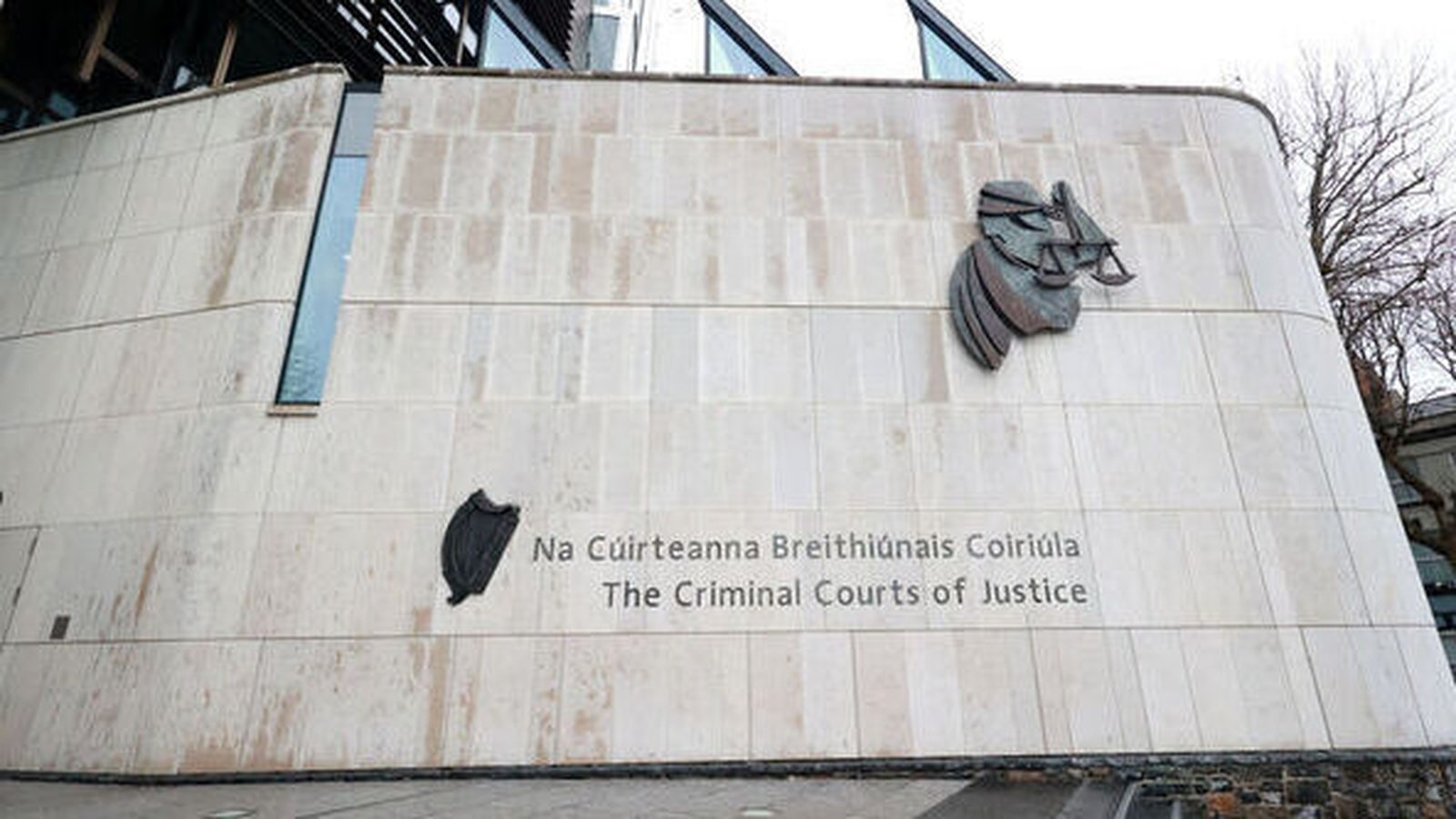World
Landlord to pay damages to ex-tenants under EU-wide order

A judge has granted an EU-wide order to force Luxembourg-based landlord Marc Godart to pay more than €13,000 in compensation to two former tenants in Dublin.
In February last year, Dublin District Court directed the businessman to comply with an earlier Residential Tenancies Board (RTB) ruling that Diana Jere and Andre Buchanan were entitled to €13,563 damages, which has not been paid.
The RTB had given its findings in December 2022 over their “unlawful eviction” from a rented property on Emmet Street, Dublin 1.
Mr Godart, who has significant property holdings in Ireland, was allegedly the landlord.
Liam Bell BL for Ms Jere and Mr Buchanan told Judge Marie Quirke at Dublin District Court today that the former tenants were applying for a European Enforcement Order (EEO) against Mr Godart of Rue de Hesperange L-5830, Alzingen, Luxembourg.
It is a method of enforcing foreign judgments within the European Union without the need for intermediate proceedings, and it is applicable only to uncontested claims.
Counsel said that Mr Godart did not appear when the uncontested order was granted last year under section 124 of the Residential Tenancies Act. Judge Quirke also heard Godart has not appealed the order.
He was not in court today either.
Judge Quirke noted it was an ex parte application, and Mr Godart had already been served the court’s order.
The applicants sought the enforcement mechanism based on an affidavit furnished to the judge.
The original order for €13,563 damages is also subject to further instalment proceedings within this jurisdiction in July in the same court.
Darragh Haugh BL, for Mr Godart, said he had not been instructed on the EEO application and asked that it be adjourned and both matters dealt with together.
However, Judge Quirke refused and held that Ms Jere and Mr Buchanan’s legal team could proceed with the EEO request, which she granted.
Also listed before Judge Quirke today was the case involving five ex-tenants versus Green Label Short Lets Limited, a property company directed by Mr Godart.
They are seeking an order to comply with an RTB ruling last August, which ordered the company to pay them damages.
Their barrister, Niall Quinn, said the sum totalled around €54,000 for the five individuals who had rented rooms at a property in Fairview, Dublin.
Mr Haugh for the company said that a response to the proceedings had been filed yesterday and accepted that it was “late in the day”.
Green Label Short Lets Ltd had been notified about the action almost three months ago.
Counsel submitted that the amounts sought by the applicants far exceed the RTB’s jurisdiction, where awards are capped at €25,000.
It has been adjourned for a hearing on 19 July.
Earlier this week, in a prosecution before Dublin District Court, Green Label Short Lets avoided a criminal conviction over a former commercial building in Dublin that broke fire safety laws after it was repurposed for residential lettings.
The court heard that the Beaver Street property was converted but lacked a range of vital fire safety measures, including an alarm system and viable escape routes. Dublin City Council (DCC) prosecuted the firm, which pleaded guilty to an offence contrary to the Fire Services Act.
The case was struck out after it donated €500 to charity and paid €3,884 toward the council’s legal costs.
In February, Mr Godart had another prosecution dropped for “egregious” breaches of planning laws with unauthorised Airbnb lettings in Dublin.
However, two firms he directs, including Green Label Short Lets Ltd, accepted responsibility; they were fined €7,500 and agreed to pay “substantial” legal costs.
DCC also brought those proceedings before Dublin District Court.
That case stemmed from complaints about unauthorised short-term lettings booked through the Airbnb website at three properties in Dublin 1.
Those offences were detected following inspections between 4 and 6 June last year, which revealed that some of the bedrooms were windowless and others in former shopfronts.
A council inspector found several tourists from Ireland, mainland Europe, and North America had used them for one to seven days.
By the time that hearing concluded, work had already taken place or was about to start to bring the short-term lettings in line with regulations.










